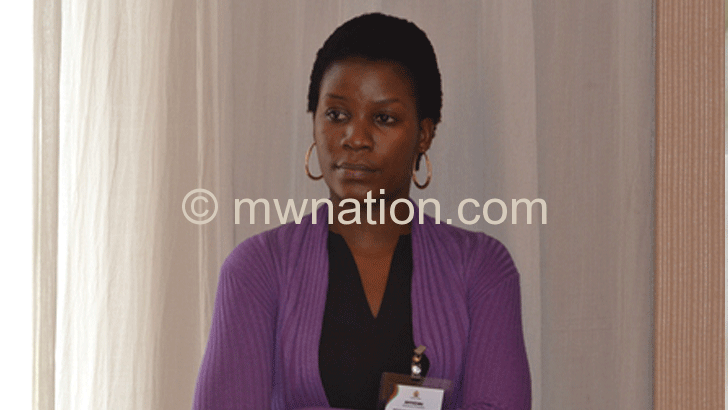Government suspends fee hike in secondary schools
Ministry of Education, Science and Technology (MoEST) has suspended implementation of new fees in public secondary schools this term until further notice.
MoEST spokesperson Rebecca Phwitiko confirmed the development in an interview yesterday. She said the decision follows a motion passed in Parliament in the last sitting that the new higher fees be pended until the economic situation improved.

She said: “The implementation of fee increase in public secondary schools has been deferred. This has been done on the basis of the motion passed in Parliament on 3rd December 2015.”
The decision means the fees have reverted to K600 (centre fee and modules) in open day secondary schools, K500 (tuition) and K750 (textbook revolving fund and general purpose fund) in district day secondary schools without boarding.
In community day secondary schools (CDSSs) with partial boarding (girls hostels), the fees will remain in the range of K25 000 to K35 000 (boarding), K500 (tuition) and K750 (textbook revolving fund and general purpose fund).
Students in district day secondary schools with partial boarding will pay between K25 000 and K35 000 (boarding fees), K500 (tuition fees) and K750 (textbook revolving fund and general purpose fund), according to MoEST.
In district boarding secondary schools, the fees will be in the range of K25 000 and K35 000 (boarding), K500 (tuition) and K750 (textbook revolving fund and general purpose fund) while national grant-aided secondary schools will maintain the K55 000 (boarding fees), K500 (tuition fees) and K750 (textbook revolving fund and general purpose fund).
In September last year, MoEST announced that school fees in public secondary schools would be raised to improve the quality of education, but some parents and guardians expressed concern that the hike was too much and ill-timed.
Read in part the MoEST circular at the time: “The new school fees are K12 000 in open secondary schools/CDSSs, K10 000 in district day secondary schools, K35 000 to K50 000 in community day secondary schools with partial boarding [girls hostels only], K35 000-K50 000 in district day secondary schools with partial boarding [girls hostels].
“In district boarding secondary schools, fees is at K35 000-K50 000 while in national grant-aided secondary schools, fees has been raised to K75 000 and the new fees will start on 4th January 2016.”
Phwitiko said for students who had already paid the new fees, the balance will be carried over to subsequent terms.
She said the circular has since been sent to all division education managers (DEMs) who are expected to make further communications to all schools under them.
Education rights activist Benedicto Kondowe, who heads the Civil Society Education Coalition (Csec), said the reversal demonstrates poor decision making by the authorities.
He said: “This simply shows that the channel followed when making this decision was poor. It [also] shows that Malawians were not consulted the same way JCE [Junior Certificate of Education] examinations has been abolished.”
Kondowe said much as the fee hike is important to boost the quality of education, the percentage of the increment and the timing were not considerate of the economic status of many Malawians.
Phwitiko said the current decision does not apply to public universities, teacher training colleges (TTCs) and Domasi College of Education because the argument by members of Parliament (MPs) in the said motion did not include them.
Salima Central MP Felix Jumbe (Malawi Congress Party-MCP) moved a motion which ordered government to stop effecting the school fees hike in secondary schools until there was an improvement in the economy.
During debate on the motion, Minister of Justice and Constitutional Affairs Samuel Tembenu argued that the House was overstepping its mandate by discussing the matter.
He said MPs have no mandate to change policy in the manner the issue was brought in the House.n





